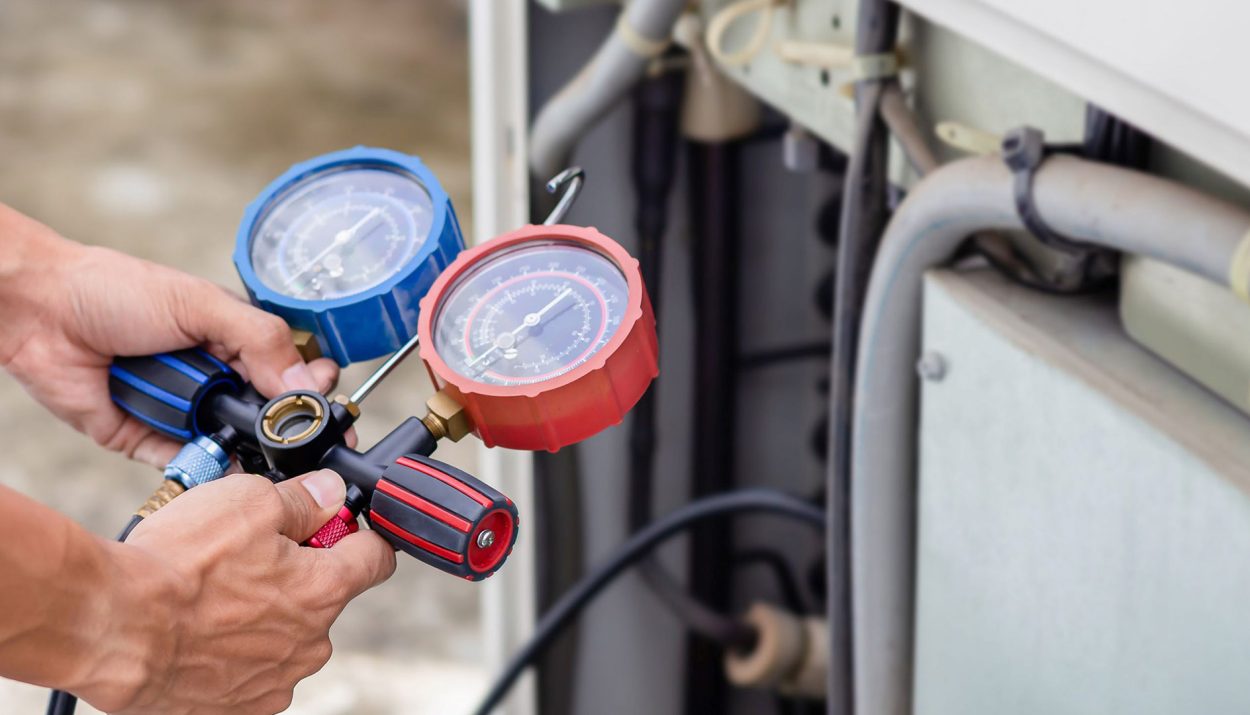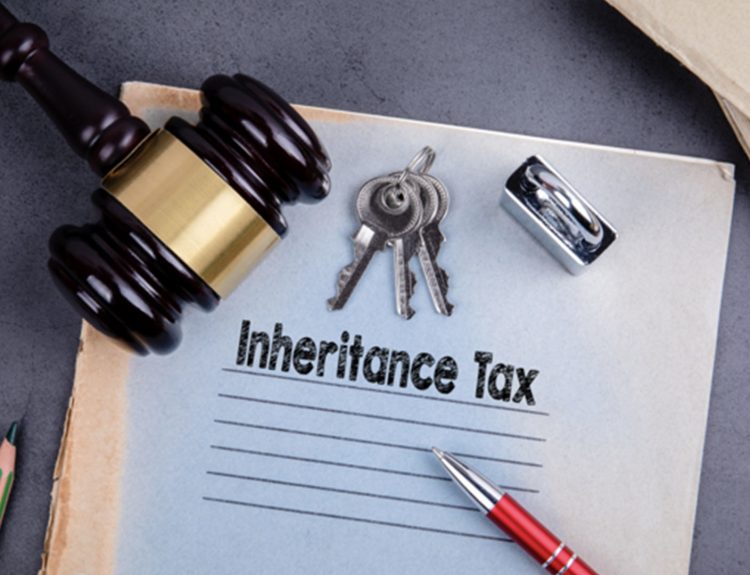More than 90% of households in the United States use an air conditioner at some point during the year. Some people might consider this a luxury, especially with climate change heating our environment, but it’s far from it. In fact, AC units are exacerbating the problem at a rate like we’ve never seen before. Here’s everything you need to know!
Air Conditioner Sales Are Increasing At A Rapid Pace
According to the International Energy Agency (IEA), roughly 10 air conditioning units are sold every second – a trend that’s expected to continue until 2050. That’s 315 million ACs every year. To make matters worse, the ACs people are buying today are only half as efficient as the typical appliance and a third as efficient as the best appliance available.
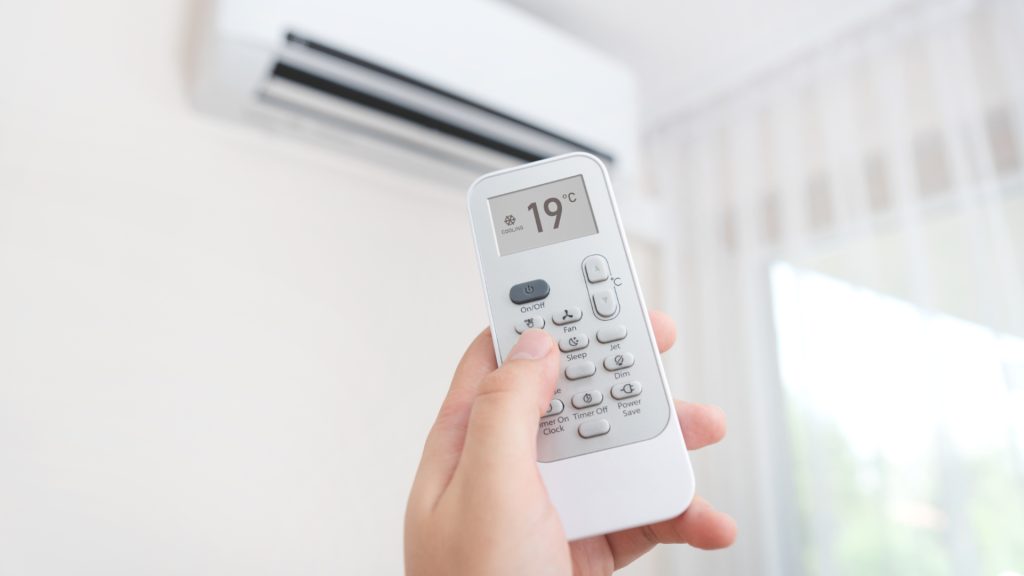
Inflation spikes aren’t helping. As much as Americans would love to invest in energy-efficient AC units, they’re simply too expensive. Instead of going after the most efficient unit, homeowners and business owners are electing to go the more affordable route – which isn’t doing our environment any good.
A Never-Ending Cycle That’s Killing The Environment
Life without air conditioning would be difficult for some people – especially those who live in climates that are already too hot. Unfortunately, it’s a short-term solution that quickly turns into a long-term problem – one that continues to worsen and duplicate until something is done about it.
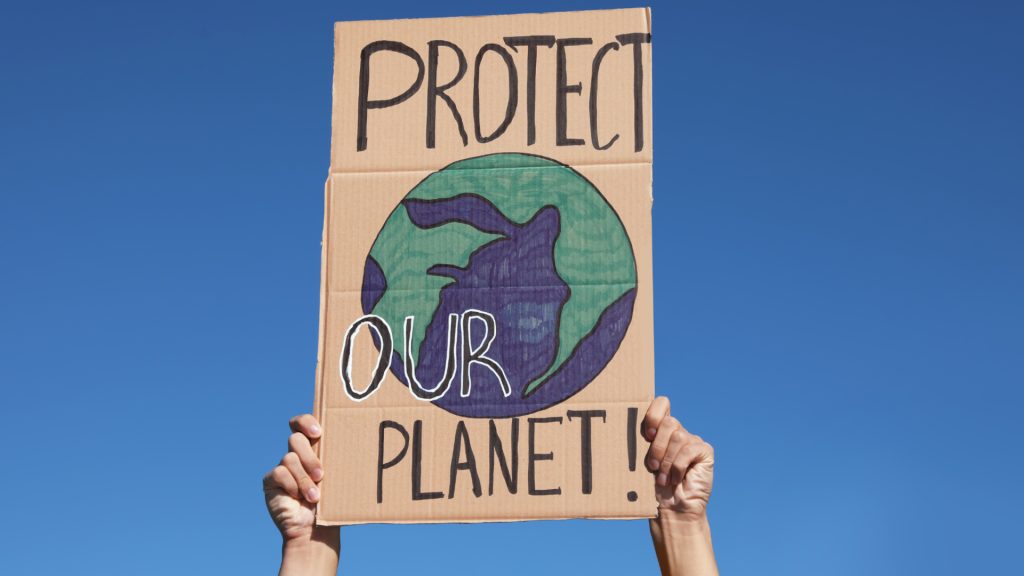
Let’s not forget – AC units use electricity. The more electricity we use, the more fossil fuels we burn. And the more fossil fuels we burn, the more we pollute the air – resulting in climate change. Turning your AC on might make you cool, but it’s making the climate hotter – and this is the never-ending cycle we’re trying to avoid.
AC Units Expected To Be Largest Electricity Users by 2050
As of right now, air conditioning and cooling account for roughly 2,000 terawatt hours of electricity every year. For reference, that’s about 20% of all electricity used in buildings and 10% of all electricity use – across the board. By 2050, the IEA expects that number to triple – up to 6,200 terawatt hours of electricity per year.
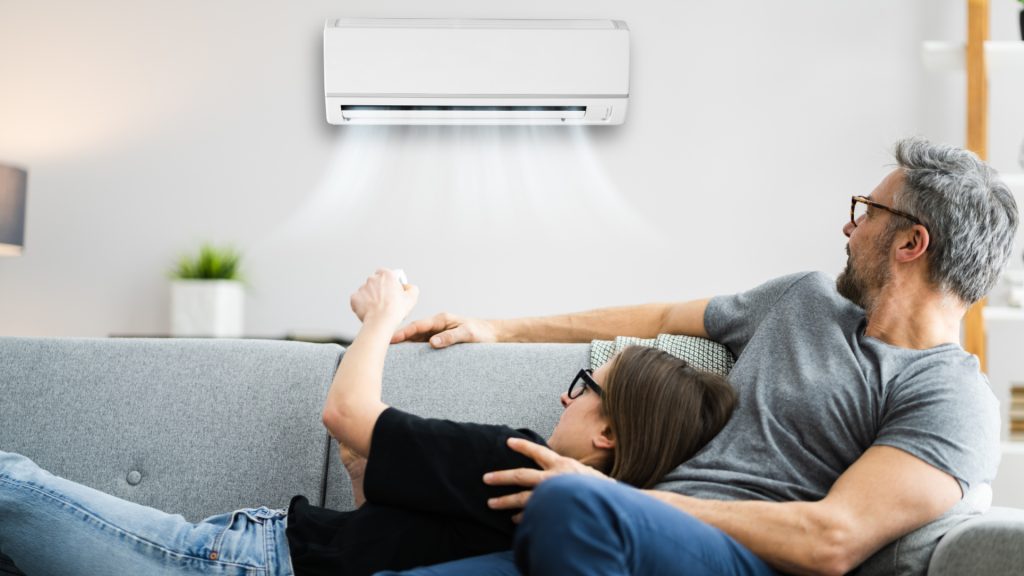
Those types of numbers suggest one thing – air-conditioning energy use will grow faster than any other use in both residential and commercial buildings. While heater use will slowly decline, AC use will steadily increase – and our environment will continue to suffer.
Countries Will Have To Respond At Some Point – But How?
A rise in electricity would pressure countries around the world to take action, but will they take the right action? Ideally, these countries would invest in more efficient alternatives to counter the need and/or demand for electricity. Unfortunately, that’s not the route most countries will take.
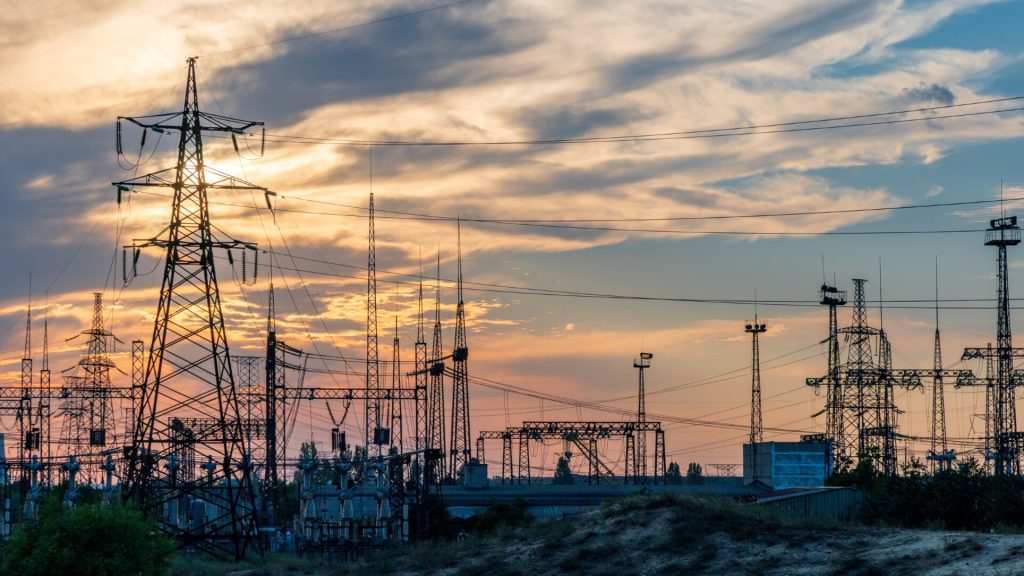
According to the IEA, the route most countries will take involves expensive new power plants and infrastructure – two things that will result in dirty energy, air pollution, and, of course, more climate change. Again, we’re digging ourselves a hole that might be too big to climb out of – unless we make the right changes now.
What Can Homeowners and Business Owners Do To Help?
Government officials can do a lot to reduce electricity use, but a lot of it comes down to the homeowners and business owners. It’s on us to make the necessary lifestyle changes to put the environment in a position to succeed. If we don’t, then we’re nothing more than a part of the problem – not the solution.
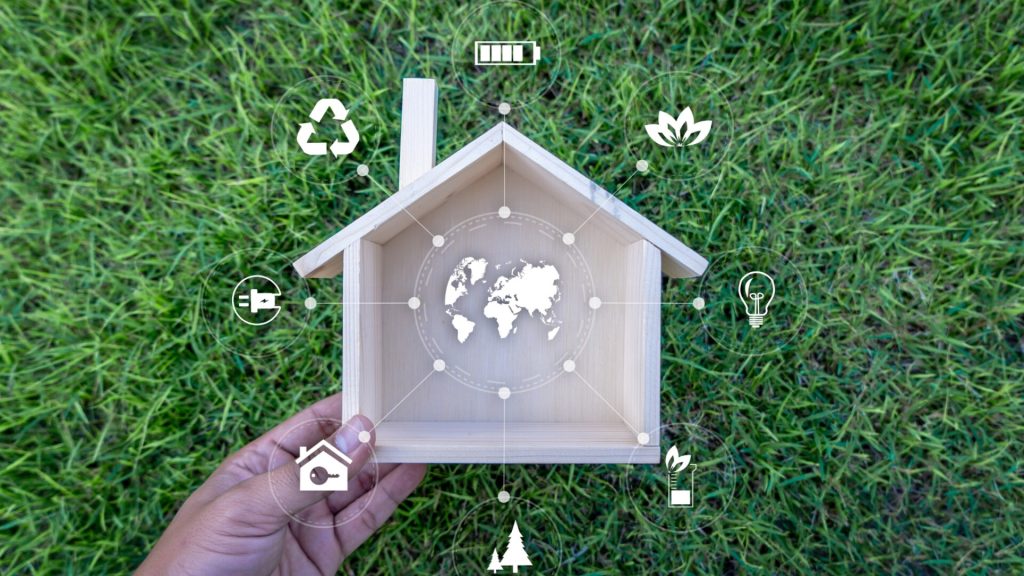
The good news is there is a wide range of things you can do starting today to limit the amount of electricity you use daily – such as choosing efficiency over affordability, supporting energy initiatives, programming your thermostat accordingly, and replacing your air filters. Let’s take a closer look!
1. Choose Efficiency Over Affordability
We already discussed this, but it’s important enough to emphasize again. Even with inflation rising, it’s important that we invest in energy-efficient air conditioning units. It might result in a larger up-front cost, but it’ll save you money long-term and will help protect the environment.
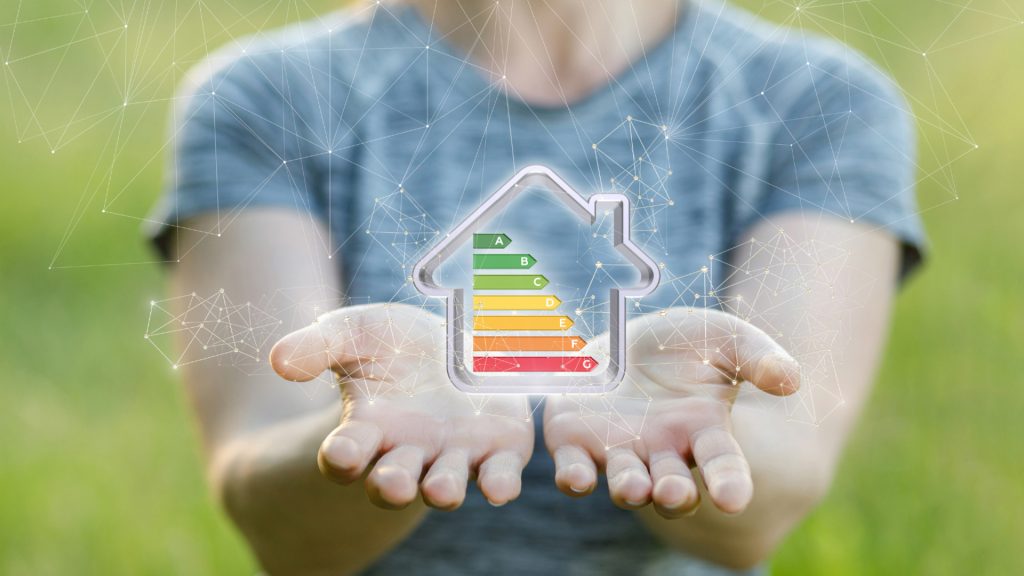
And it’s not just AC units that need our attention – we need to extend these buying habits to every appliance in the home or office. That goes for refrigerators, water heaters, lighting, ovens, washers and dryers, and dishwashers – anything that uses electricity.
2. Support Local and National Initiatives
In a world where people are more divided than ever, it’s important that we come together as one – if not over politics or sports, then, at the very least, over energy use. That means supporting and getting involved with local, national, and global energy initiatives – the more we unify, the better off we’ll be.
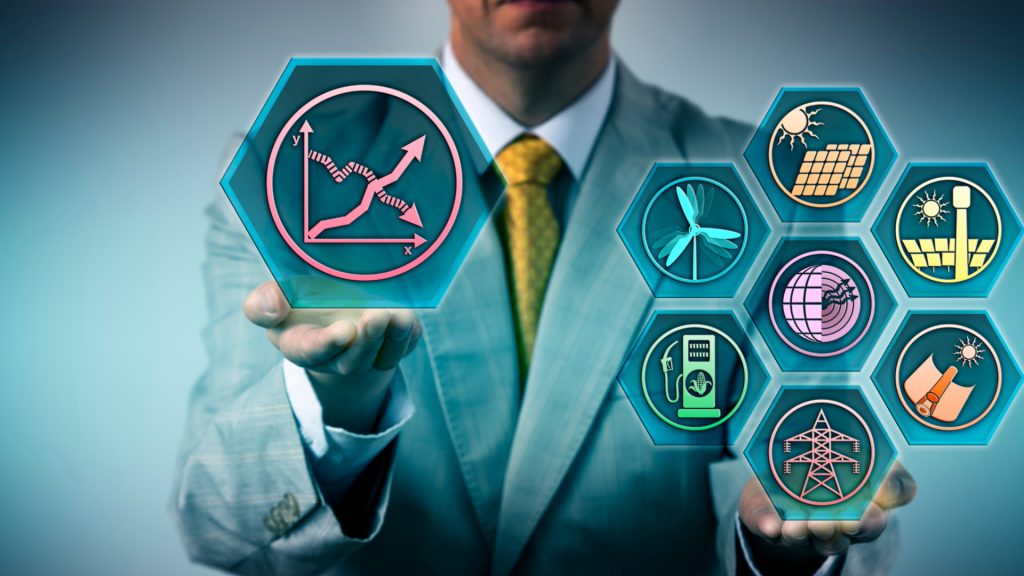
For example, ENERGY STAR is a program spearheaded by the EPA and DOE. If you see the ‘Energy Star’ logo on an appliance, that means it’s worthy of your investment. The DOE also launched the Building a Better Grid Initiative in 2022, which aims to build new and upgraded high-capacity electric transmission lines across the country.
3. Program Your Thermostat Properly
Technology is improving every single day – and your thermostat is benefiting from it. Most modern thermostats give homeowners and business owners the ability to program their AC and/or heater use – allowing them to better manage their energy usage on a daily basis.

The idea is to only use the AC when needed. If it’s summertime, program your thermostat to only cool the house when you’re home – the best temperature is around 78 degrees Fahrenheit. And if your house gets warm during the winter, avoid using the AC and open a window instead.
4. Replace Your Air Filters Frequently
How many of you replace your air filters every three months (90 days)? It’s easy to forget, but it’s also one of the biggest reasons why your energy bill might be increasing. When your filter gets clogged, your AC unit needs to work overtime to cool your home – resulting in more energy used.
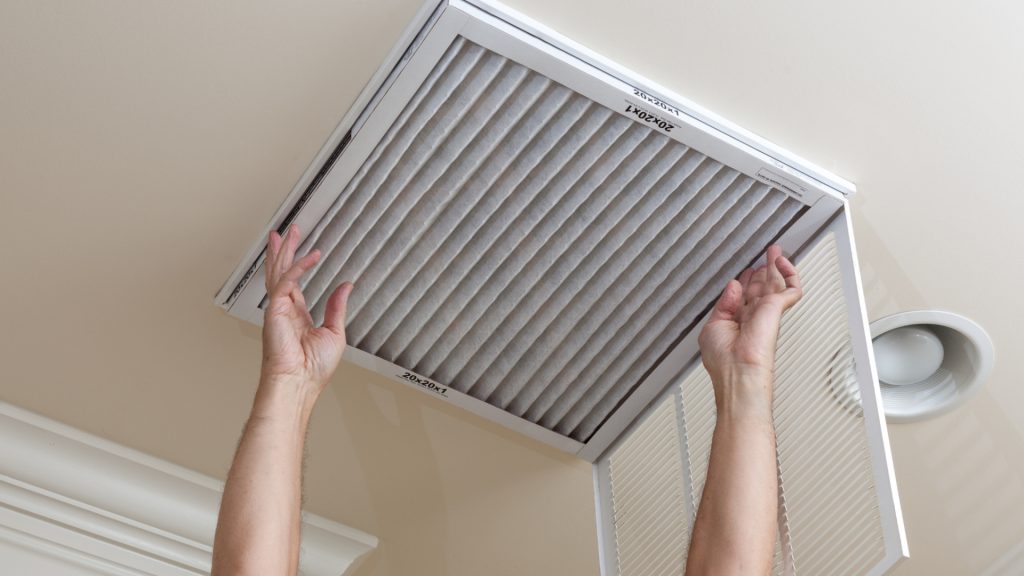
One of the hardest things to accept is knowing that a lot of these changes you make won’t result in a big return for the individual. However, making these changes collectively (from a local, national, and global standpoint) could be the difference between a healthy and unhealthy planet – not just for us, but for our children and their children.

